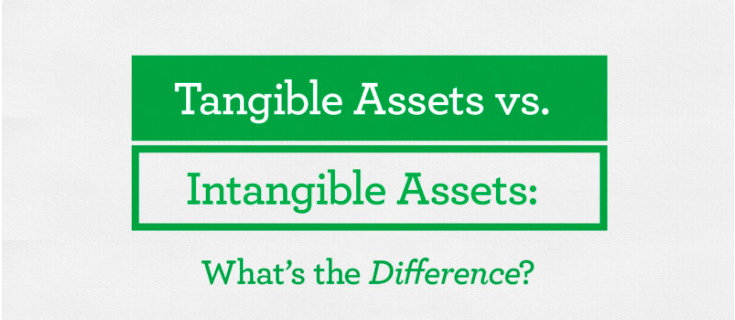
How to Choose the Right Property Management Company
Choosing the right property management company is one of the most important decisions you’ll make as a property owner. A good property management company can save you time, reduce stress, and maximize your investment returns, while a poor choice can lead to headaches, financial losses, and tenant dissatisfaction. Whether you’re a first-time landlord or a seasoned investor, here’s a step-by-step guide to help you choose the right property management company for your needs.
1. Define Your Needs and Goals
Why It’s Important: Before you start your search, it’s essential to understand what you’re looking for in a property management company.
Questions to Ask Yourself:
What type of property do you own (residential, commercial, vacation rental)?
How many properties do you need managed?
What specific services do you require (e.g., tenant screening, maintenance, financial reporting)?
What are your long-term goals (e.g., maximizing cash flow, property appreciation)?
2. Research Local Property Management Companies
Why It’s Important: Property management is a local business, so it’s crucial to find a company familiar with your area’s market and regulations.
Steps to Take:
Ask for recommendations from other landlords, real estate agents, or investors.
Search online for property management companies in your area.
Check reviews on platforms like Google, Yelp, or the Better Business Bureau (BBB).
3. Verify Credentials and Experience
Why It’s Important: A reputable property management company should have the necessary licenses, certifications, and experience to handle your property effectively.
What to Look For:
Licenses: Ensure the company is licensed to operate in your state.
Certifications: Look for certifications like Certified Property Manager (CPM) or Accredited Residential Manager (ARM).
Experience: Choose a company with experience managing properties similar to yours.
4. Evaluate Their Services
Why It’s Important: Not all property management companies offer the same services, so it’s important to find one that meets your specific needs.
Key Services to Consider:
Tenant screening and leasing
Rent collection and financial reporting
Maintenance and repairs
Marketing and advertising
Legal compliance and eviction handling
Questions to Ask:
Do they offer 24/7 emergency maintenance support?
How do they handle tenant disputes or complaints?
What is their process for finding and screening tenants?
5. Understand Their Fee Structure
Why It’s Important: Property management fees can vary widely, so it’s essential to understand what you’re paying for and ensure it fits your budget.
Common Fees to Expect:
Management Fee: Typically 8%–12% of the monthly rent.
Leasing Fee: A one-time fee for finding and placing a new tenant.
Maintenance Markup: A percentage added to repair costs.
Vacancy Fee: A fee charged when the property is unoccupied.
Questions to Ask:
Are there any hidden fees or additional charges?
Do they offer a flat fee or a percentage-based fee?
What services are included in their management fee?
6. Assess Their Communication and Technology
Why It’s Important: Effective communication and modern technology are essential for efficient property management.
What to Look For:
Communication: Do they respond promptly to inquiries? Are they easy to reach?
Technology: Do they use property management software for rent collection, maintenance requests, and financial reporting?
Tenant Portals: Do they offer online portals for tenants to pay rent and submit requests?
7. Check Their Tenant Retention Rates
Why It’s Important: High tenant turnover can be costly and time-consuming. A good property management company should have strategies to retain tenants.
Questions to Ask:
What is their average tenant retention rate?
How do they handle tenant renewals?
What steps do they take to keep tenants satisfied?
8. Review Their Marketing Strategies
Why It’s Important: Effective marketing ensures your property stays occupied and generates consistent income.
What to Look For:
Do they use online listings, social media, and professional photography?
How do they handle property showings and open houses?
What is their average time to lease a vacant property?
9. Ask for References
Why It’s Important: Speaking with current or past clients can provide valuable insights into the company’s performance and reliability.
Questions to Ask References:
Are you satisfied with their services?
How do they handle maintenance and tenant issues?
Would you recommend them to other property owners?
10. Review the Management Agreement
Why It’s Important: The management agreement outlines the terms of your relationship with the property management company, so it’s crucial to review it carefully.
Key Points to Check:
Services included and excluded
Fee structure and payment terms
Length of the contract and termination clauses
Responsibilities of the property manager and the owner
Final Thoughts
Choosing the right property management company is a critical decision that can significantly impact the success of your real estate investment. By taking the time to research, ask questions, and evaluate your options, you can find a company that aligns with your needs and goals.
Remember, the cheapest option isn’t always the best. Focus on finding a company with a proven track record, excellent communication, and a commitment to delivering value. With the right partner, you can enjoy a stress-free and profitable property management experience.

 March 07, 2025
March 07, 2025



